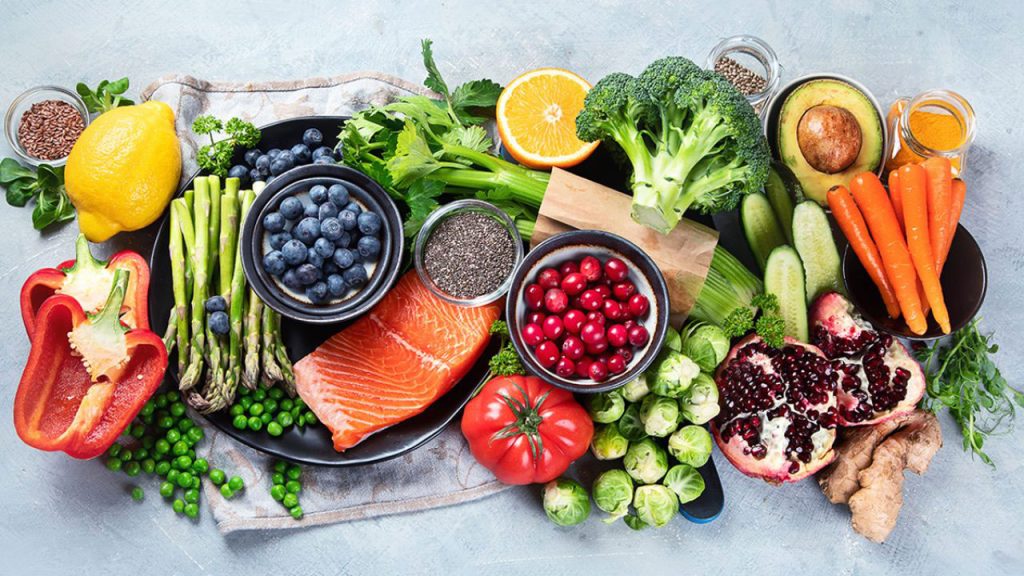Antioxidants are popular in the world of wellness, championed as a cure for every illness. You’d be forgiven for thinking that stacking your diet with antioxidants and then supplementing them more is the way to go. And while antioxidants are important, that doesn’t mean their benefits can’t be exaggerated. Let’s break it down a bit (https://longevity.technology/lifestyle/debunking-common-myths-about-antioxidants-and-their-effects/).
First up, let’s take a look at what antioxidants actually do. Contrary to what some may say, they don’t cure cancer or outright stop you from having heart attacks. What they do is alleviate oxidative stress. This is what happens when the unstable molecules known as free radicals start to damage your cells, something that becomes more common as we age and has been linked to a range of chronic health conditions. Free radicals are missing an electron, and antioxidants can donate an extra one to bring them back to stability.
Most people get plenty of antioxidants from their diet. A good (but not absolute) rule is to look out for colorful foods. Berries, carrots, tomatoes – the brightest corners of fruit and vegetables – are the place to start. It’s because of their mix of vitamins, minerals and phytochemicals. You can take artificial antioxidant supplements, but unless you’ve been identified as having a specific need (such as a deficiency that can’t be fixed with dietary intervention), they’re not necessarily going to be that helpful.
That’s because the particular benefits of the whole food approach in antioxidant consumption can’t be replicated. There are lots of different types of antioxidants, including vitamin C, vitamin E, selenium, zinc, flavonoids and carotenoids. A balanced diet that includes them all allows them to work together in a way you might not see in an individualized supplement. Plus, a healthy diet also provides you with the non-antioxidant nutrients you need at the same time.
Taking antioxidant supplements also risks overloading your body on antioxidants, which can be harmful in its own right. Like with so many things, balance is essential. There’s no one magic solution to perfect health; you must juggle lots of disparate factors around your unique physiology and lifestyle.
The relationship between antioxidants and free radicals is a complex one, as is the impact of antioxidants on the body. Be careful sorting fact from fiction, and whenever you’re unsure, double check any claims with scientific experts.




